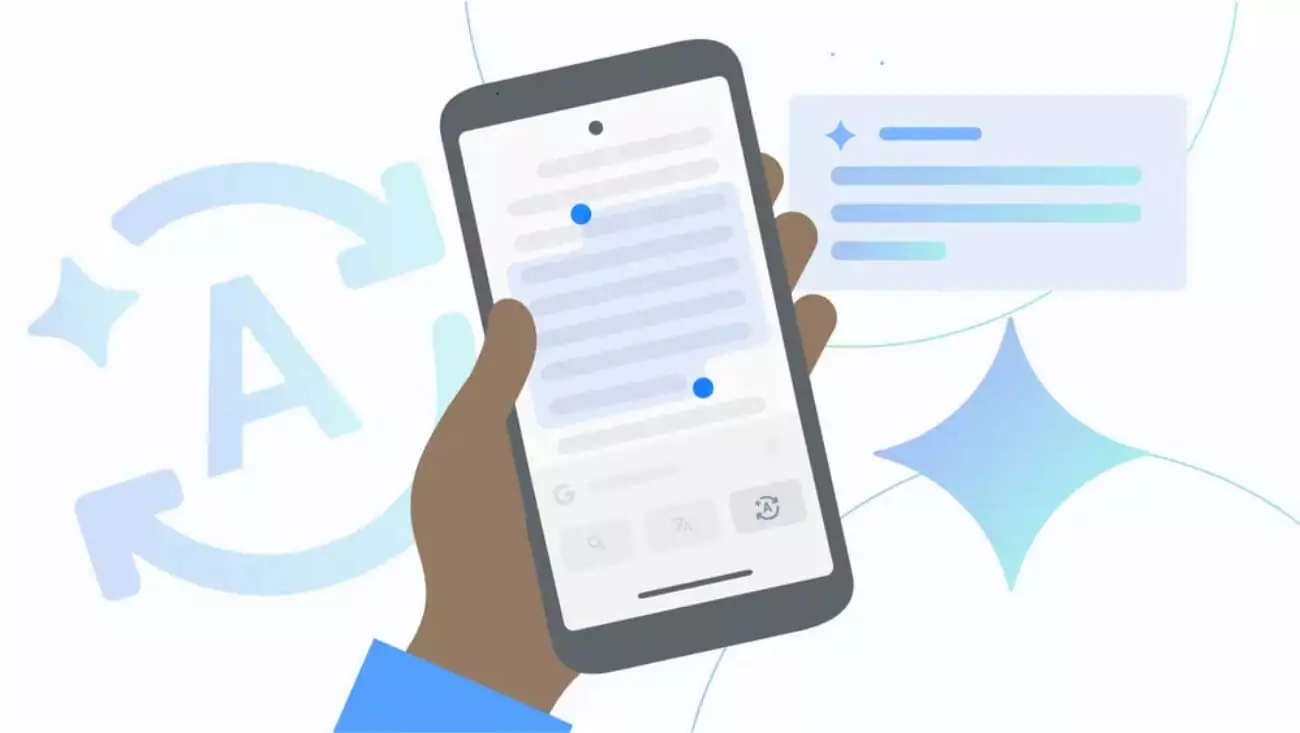Google has rolled out a new AI-powered tool called Simplify, now available in its iOS app, aimed at making complex text easier to understand by rephrasing it into plain language. Launched on May 6, 2025, this feature uses Google’s Gemini AI model to help iPhone users decode dense or jargon-filled content directly within the app, without needing to navigate away from the webpage. From academic papers to legal documents, Simplify enhances the online learning experience by making information more accessible, reflecting Google’s commitment to improving user comprehension in the digital space. This addition further showcases Google’s focus on integrating AI to create more inclusive and user-friendly tools.
Using Simplify is seamless: while browsing in the Google app on iOS, users can highlight any challenging text on a webpage, tap the “Simplify” icon from the pop-up menu, and view a clearer version of the text in a dismissible window. For example, a legal document with terms like “indemnification” (protection against loss) and “arbitration” (a private dispute resolution process) might be rephrased as “coverage for any losses” and “a way to settle disagreements outside court,” preserving the core meaning in simpler terms. As detailed in Google’s official announcement on its blog, the feature was developed using a “prompt refinement” approach by Google Research, ensuring that the simplified text retains accuracy and context while improving clarity, making it a powerful tool for educational use.
Simplify is particularly useful for users dealing with complex content in areas like medicine, law, finance, or science. Google’s testing, involving 4,563 participants across topics such as medical research, biology, law, finance, literature, philosophy, aerospace, and computer science, demonstrated notable improvements in understanding. For instance, a study showed a 38% increase in comprehension accuracy when a dense medical passage was simplified, with jargon defined and complex sentences broken down into digestible parts. The simplified text appears in a pop-up, allowing users to stay on the original page while gaining clarity, which supports seamless learning on the go. This design ensures users can quickly grasp concepts without disrupting their browsing experience.
The feature leverages Google’s Gemini AI model, which has previously powered summarization tools like “Ask Gemini” on Android devices. Simplify, however, focuses specifically on rephrasing text to an “explain like I’m five” (ELI5) level of simplicity rather than just summarizing. While Android users can achieve similar results by selecting text in the Google app or Chrome and using “Ask Gemini,” iOS users now benefit from a dedicated simplification tool. Google has not yet confirmed plans to bring Simplify to Android, but its blog hints at future expansions of AI-driven features across platforms, suggesting potential updates for other ecosystems down the line.
Simplify aligns with Google’s mission to make information universally accessible, addressing the needs of diverse users such as students, professionals, non-native English speakers, and casual readers who might struggle with specialized content. By simplifying language while preserving critical details, the tool empowers users to engage with complex topics more confidently, enhancing digital inclusivity. For instance, a non-expert reading a scientific article about “photosynthesis” (the process plants use to convert sunlight into energy) might see it explained as “how plants use sunlight to make their food,” making the concept more approachable without losing its essence.
Google has noted some limitations with Simplify, as outlined in its blog on blog.google. While the simplified versions were found to be “significantly more helpful” than the original text, the company acknowledged that the study “has limitations,” and “ongoing vigilance” is needed to monitor potential errors. Oversimplification could occasionally strip away nuanced meaning, especially in fields where precision is crucial, such as legal or medical contexts. However, Google’s prompt refinement approach aims to minimize such risks by ensuring that key details, accuracy, and context are maintained during the simplification process, providing a balance between clarity and fidelity.
The introduction of Simplify reflects the growing trend of AI integration into everyday tools, with companies like Microsoft (via Copilot) and OpenAI (via ChatGPT) also exploring ways to make complex information more digestible. Google’s approach stands out by embedding simplification directly into the browsing experience on iOS, allowing users to stay on the webpage while accessing simplified text. This seamless integration sets Simplify apart, offering a practical solution for real-time comprehension without the need for external apps or additional steps.
Looking forward, Simplify could evolve to include features like multilingual support or integration with other Google products, such as Google Docs or Chrome, further enhancing its utility. For now, its availability on iOS marks a significant step toward making the web more approachable for iPhone users, with potential for broader rollout in the future. As AI continues to reshape how we interact with information, tools like Simplify could play a pivotal role in making knowledge more accessible, helping users navigate complex content with ease. What are your thoughts on Google’s Simplify feature, and how might it assist you in understanding challenging topics online? Share your perspective in the comments—we’d love to hear your insights on this helpful new tool.







